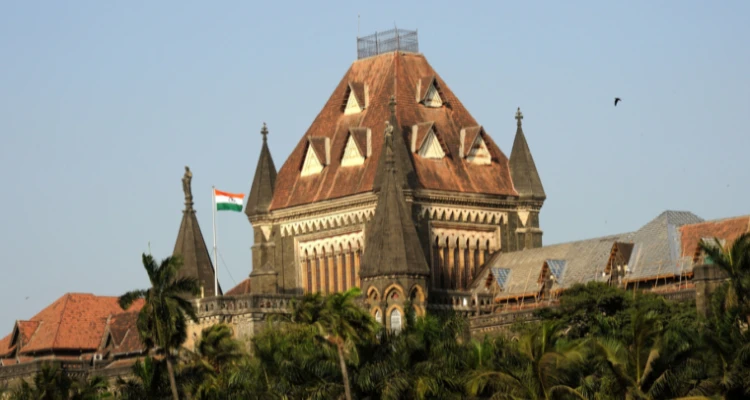
The Bombay High Court on Tuesday has stated that the rules framed for granting permission to litigants to argue their matters personally are regulatory in nature and not contrary to the constitutional rights of freedom of speech & expression and equality before law.
A division bench of Justices AS Chandurkar and Jitendra Jain dismissed a petition filed by a former judicial officer challenging a September 2015 notification – Rules for Presentation & Conduct of Proceedings in-Person by Parties.
CASE INSIGHTS
Furthermore, the court stated that the rules aren’t prohibitive in nature so as to offend provisions of the Article 14 (equality before law) & 19(1)(a) (freedom of speech and expression) of the Constitution of India.
The HC stated that, ”The rules are merely regulatory in nature and have been framed to enable presentation and conduct of proceedings by a party-in-person smoothly to facilitate the administration of justice.”
The petitioner, Naresh Vaze, in his plea claimed the rules deny the right of audience to a litigant and hence, contravene the constitutional rights.
Under the impugned rules, if a petitioner is desirous of arguing his or her case on their own, they must first appear before a 2-member committee comprising officials of the HC’s registry department.
The committee would scrutinize the matter and interact with the person and thereafter submit a report indicating if the person would be able to argue properly or whether an advocate could be appointed to assist the court.
Once a person is found to be competent to appear personally before the court, he/she has to give an undertaking that they would maintain decorum of the court and would not use objectionable or unparliamentary language or indulge in such behavior in court.
Failure to abide by such undertaking would result in the initiation of the contempt proceedings.
MORE INTO THE CASE
The court in its order stated, the rules only seek to regulate the mode and manner in which a party wants to appear and argue a case in person.
The HC stated, ”There is no blanket prohibition or bar for a party to appear in person before the court. The rules merely regulate the manner in which a party who desires to appear in person is required to take steps to facilitate the same.”
The HC stated that the, rules were framed only with an objective that the court’s time is not spent on unnecessary details and the party-in-person is in a position to render necessary assistance to the court to decide the matter.
The bench stated that, the court also has the discretion to decide on its own if the person can appear in person and argue into the matter without approaching committee.
The high court stated, ”We, therefore, do not find that the said rules in any manner prevent a party from appearing in person. The bar is not absolute and the said rules are merely regulatory in nature.”
Read More: Supreme Court, Delhi High Court, States High Court, Other Courts, International




